Scientists say black Sea bass behavior could be affected by offshore wind
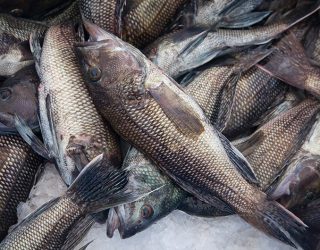
Scientists from the Northeast Fisheries Science Center say that offshore wind energy construction could affect the behavior of Black Sea Bass. Black Sea Bass live up and down the east coast from Maine to the Gulf of Mexico, providing a significant ecological and economic importance. The fish are also attracted to structurally complex habitats, often found around rocky reefs, mussel beds, cobble and rock fields, and artificial habitats like shipwrecks. Scientists, commercial and recreational fisherman have expressed their concerns about how the sounds that come with the development of offshore wind energy overlapping with the natural habitats of Black Sea Bass. >click to read<09:37

































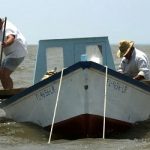





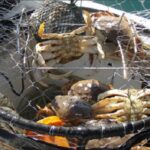
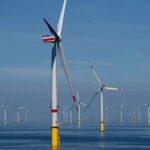
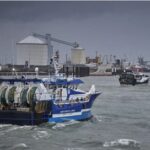






ELECTROMAGNETIC FIELDS!!! The sound of pile driving will certainly not benefit these fish; but have these enlightened researchers considered the effect that hundreds of millions of watts will have on the Sea Bass and Squid (yes, there also happens to be a Loligo Squid population and fishery of “significant ecological and economic importance”) that happen to inhabit the wind “areas of interest”. All these fish are extremely sensitive to even minuscule electronic impulses: they find food, navigate, and communicate via sound and magnetic fields and impulses.
Precious little research has been accumulated regarding wind farms and fish health; although European fishermen have plenty of data on their devastated fishing grounds in and near wind farm areas. “Scientists” referring to the benefits of “structurally complex habitats” as an ecological plus, must also agree with the cover the oil companies use to justify abandoned (and usually leaking) oil platforms, their laughable “rigs to reefs” pitch.
This entire offshore wind debacle needs to be suspended until research regarding the real consequences of this ocean grab are understood and brought to light.